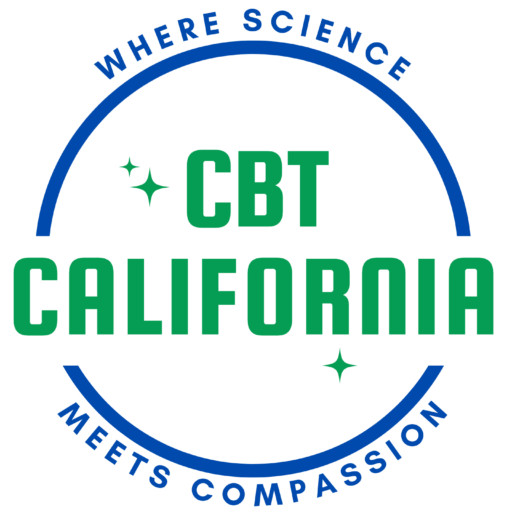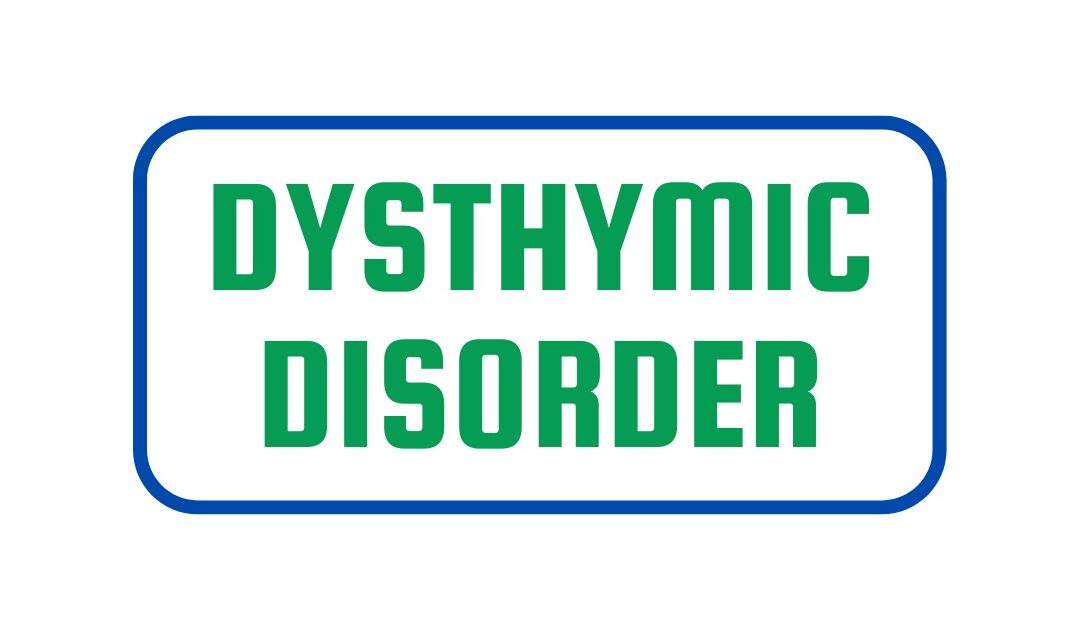Dysthymic Disorder generally has an early onset and is particularly pernicious. Individuals with dysthymic disorder are at greater risk for developing Major Depressive Disorder. Symptoms often appear in childhood and adolescence (where mood symptoms associated with the disorder can present primarily as irritability and persist for one year, rather than two).
Major Depressive Disorder is generally characterized by the presence of one or more episodes of severe depressive symptoms followed by a return to usual functioning. Dysthymic Disorder describes chronic, less severe symptoms that have been present continuously for many years.
What are common symptoms of Dysthymic Disorder?
- Depressed mood for most of the day, for more days than not, for at least two years.
- Poor appetite or overeating
- Insomnia or excessive sleepiness
- Low energy or fatigue
- Low self esteem
- Poor concentration or difficulty making decisions
- Feelings of hopelessness
What causes Dysthymic Disorder?
While the discrete causes of Dysthymic Disorder are not known with certainty, research indicates that symptoms often emerge in the context of 1) genetic susceptibility and 2) environmental stressors, such as social, academic and financial difficulties. In other words, Dysthymic Disorder is the result of a transaction between biological vulnerability to the development of depressive symptoms, and external events which overwhelm the coping abilities of the individual.
How is Dysthymic Disorder treated?
Most current research indicates that the best treatment for Dysthymic Disorder is a combination of antidepressant medication and psychotherapy.
Cognitive Behavioral Therapy (CBT) has been empirically validated as an effective treatment for Dysthymic Disorder. In a study published in the New England Journal of Medicine in 2000, about three quarters of study participants experienced symptom reduction with a combined regimen of CBT and antidepressant medication, as opposed to roughly 48 percent of participants receiving either medication or psychotherapy alone.
In conjunction with medication, CBT can assist chronically depressed individuals with identifying and reshaping the thoughts and behaviors that maintain their depressive symptoms and interfere with their ability to form new habits of thought and action. Through this process, CBT can help to undo negative beliefs that many chronically depressed individuals harbor about their self-worth and ability to achieve goals, and assist in building skills which support healthier functioning.
Another type of treatment for Dysthymic Disorder is Cognitive Behavior Analysis System of Psychotherapy (CBASP). This is a type of CBT focused specifically on treating chronic depression. CBASP is an empirically validated treatment that was developed by James P. McCullough. CBASP utilizes the idea of disciplined personal involvement by the therapist to treat chronic depression. CBASP targets enhancing the motivation of the client in service of developing problem solving, communication, and interpersonal skills.

